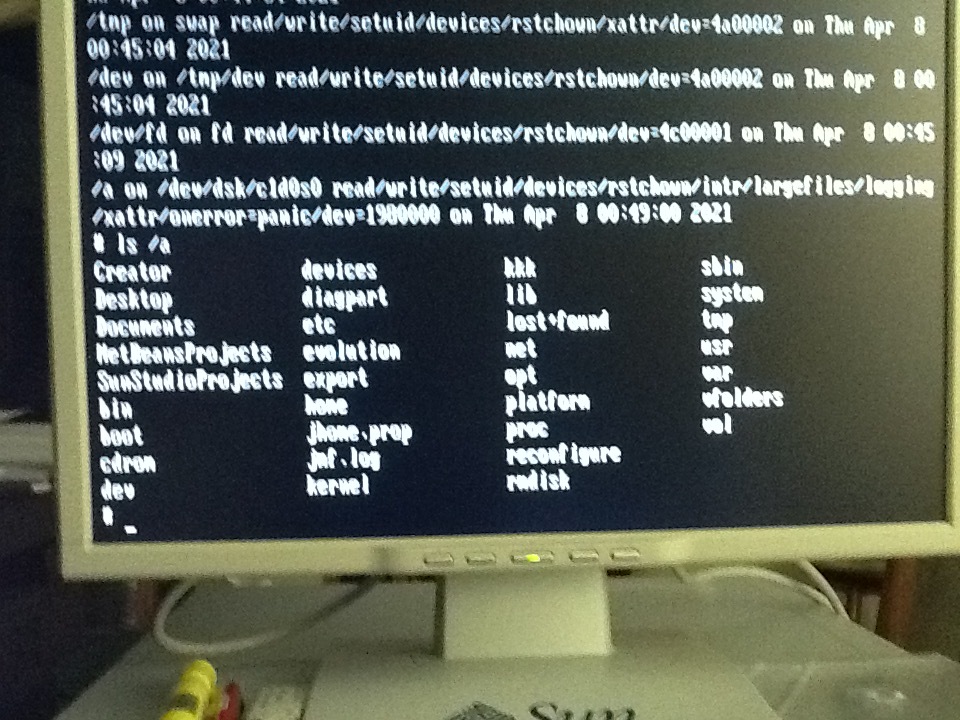
Some advantages and disadvantages of the Linux operating system are as follows There are various advantages and disadvantages of the Linux operating system. Advantages and disadvantages of Linux Operating System You may select distribution according to your requirements. Each Linux distribution is different and has its own set of interfaces. The Kernel Layer and the User Layer are the two primary elements or layers of the Linux architecture. It is generally packaged in a Linux distribution. As a result of Android, Linux has the most installed base of any general-purpose operating system. The most successful application of Linux is Android, which is built on the Linux kernel and runs on smartphones and tablets. It is now widely used in embedded devices such as televisions, game consoles, digital video recorders, routers, automation controls, smartwatches, etc. It has now found its way into various other platforms, including servers, mainframe computers, supercomputers, etc. Initially, it was designed and developed for PCs.

It is also known for its open-source support and flexibility. Linux terminology includes a bootloader, an init-program, a kernel, a system library, and a system utility. Over the years, it has been the fastest-growing OS among the industries due to its low dependency, high modularity, and wide distributions. It is a free and open-source OS under the General Public License. In 1991, it was designed by Linus Torvalds. The Linux operating system is one of the famous versions of the UNIX operating system based on the Linux Kernel. But before discussing the differences, you must know about the Linux and Solaris Operating Systems. In this article, you will learn the difference between the Linux and Solaris Operating Systems. Next → ← prev Difference between Linux and Solaris


 0 kommentar(er)
0 kommentar(er)
